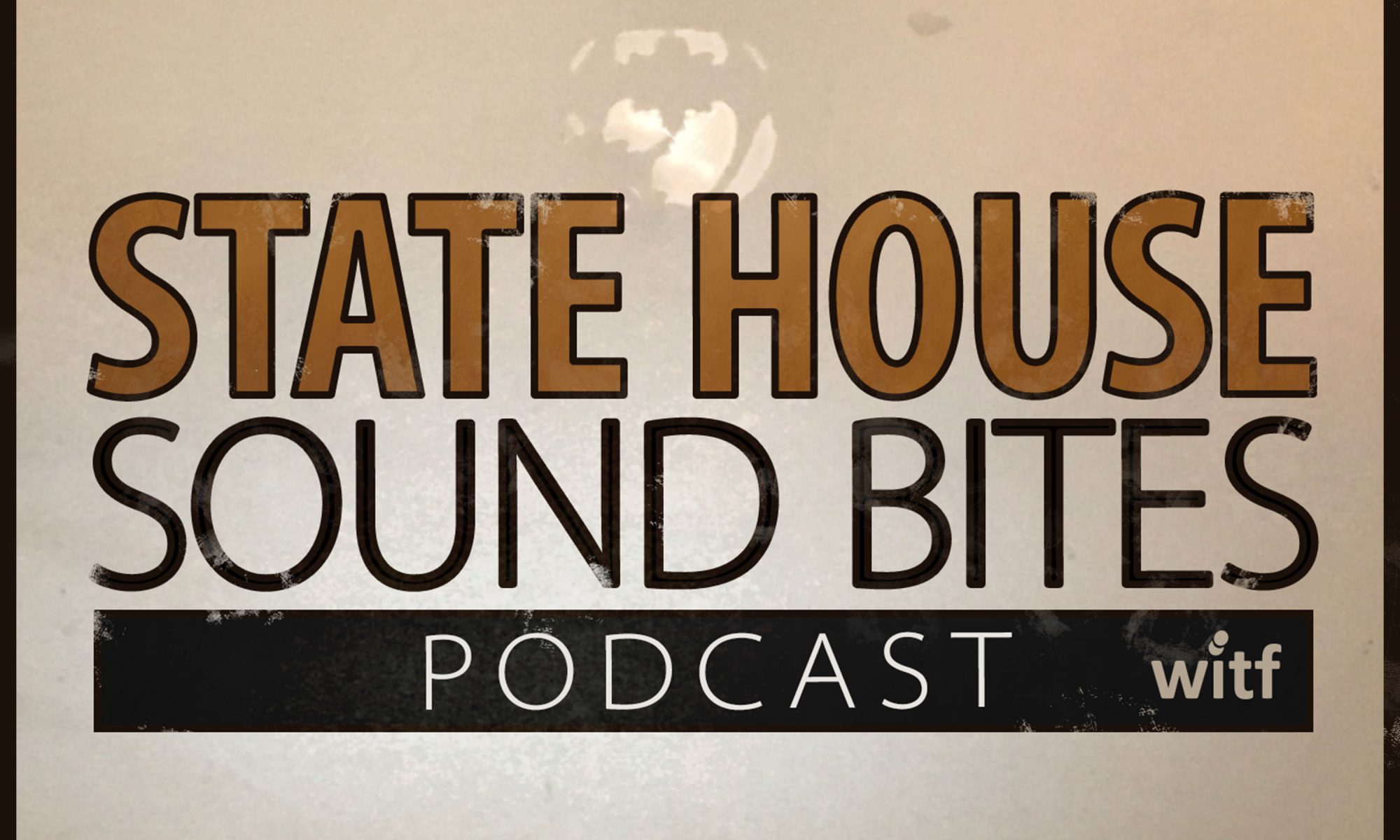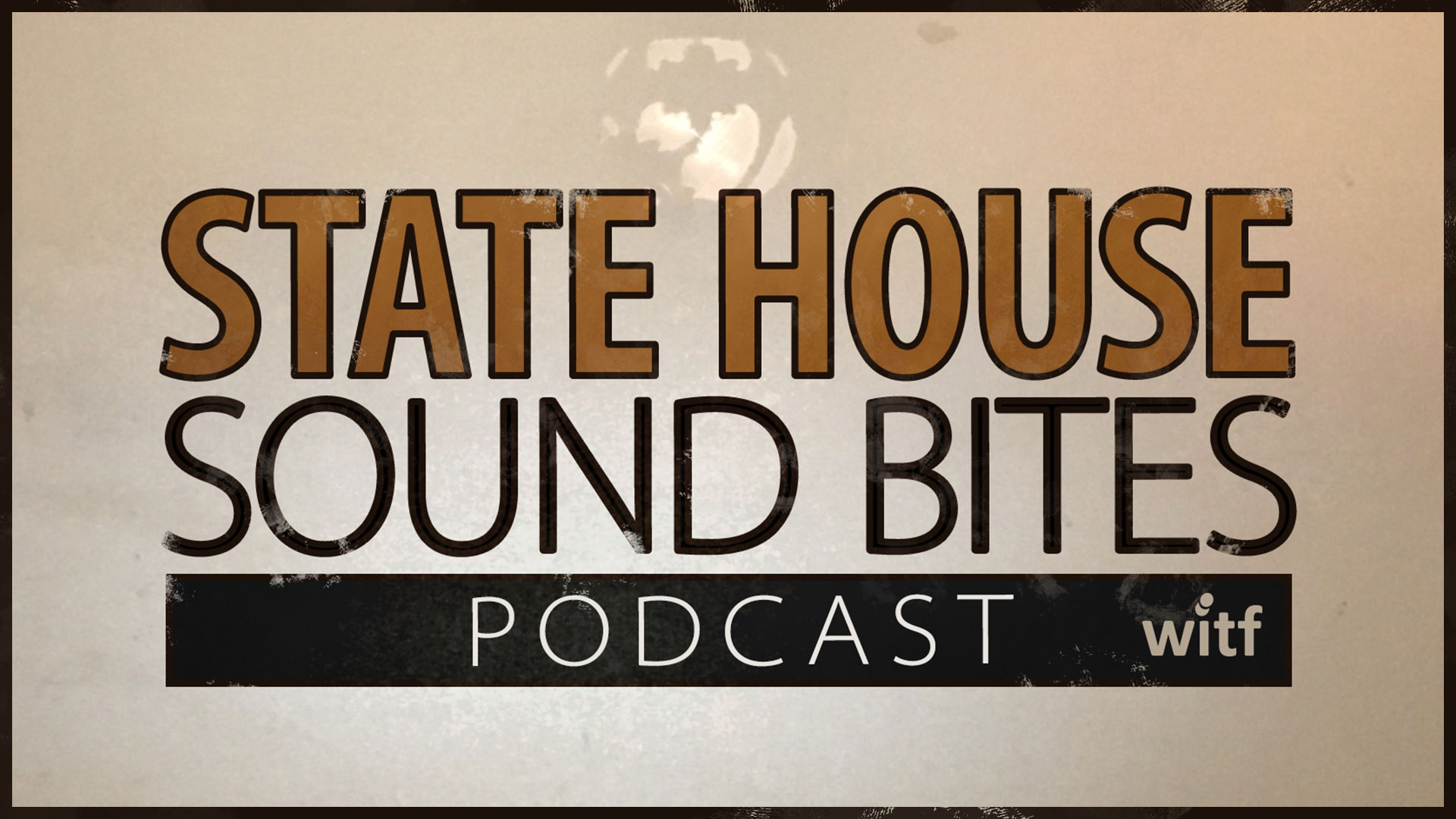It’s probably a little much to reference T.S. Eliot in a podcast title. But dealing as we are with a budget balanced on a borrowing-based plan that none of its makers even like, it does feel appropriate.
This week, after four months of trying, the House and Senate successfully got an entire $2.2 billion revenue package onto Governor Tom Wolf’s desk. It includes $1.5 billion in borrowing, a bunch of internal fund transfers, and a massive expansion to the commonwealth’s gaming industry.
Liz Navratil of the Pittsburgh Post Gazette and Philly Inquirer and Steve Esack of the Morning Call help break down exactly what that expansion—by far the most complicated component of the budget—will mean for the PA Casino industry, and for the state’s bottom line.
Plus, we try to predict whether this impasse will change the way the state does its budgets, and take a step back to identify the political—and moral—winners and losers.
Podcast: Play in new window | Download
Subscribe: RSS


